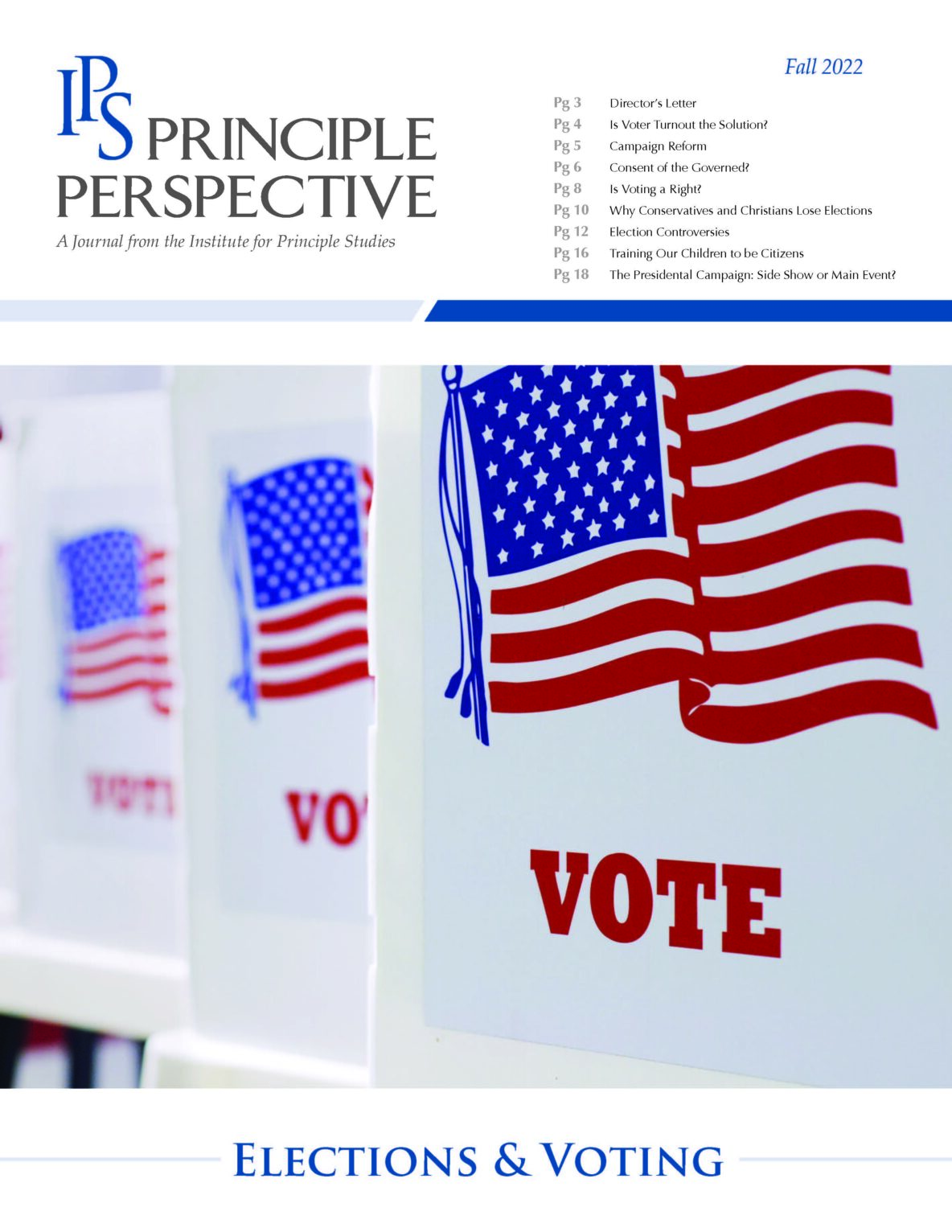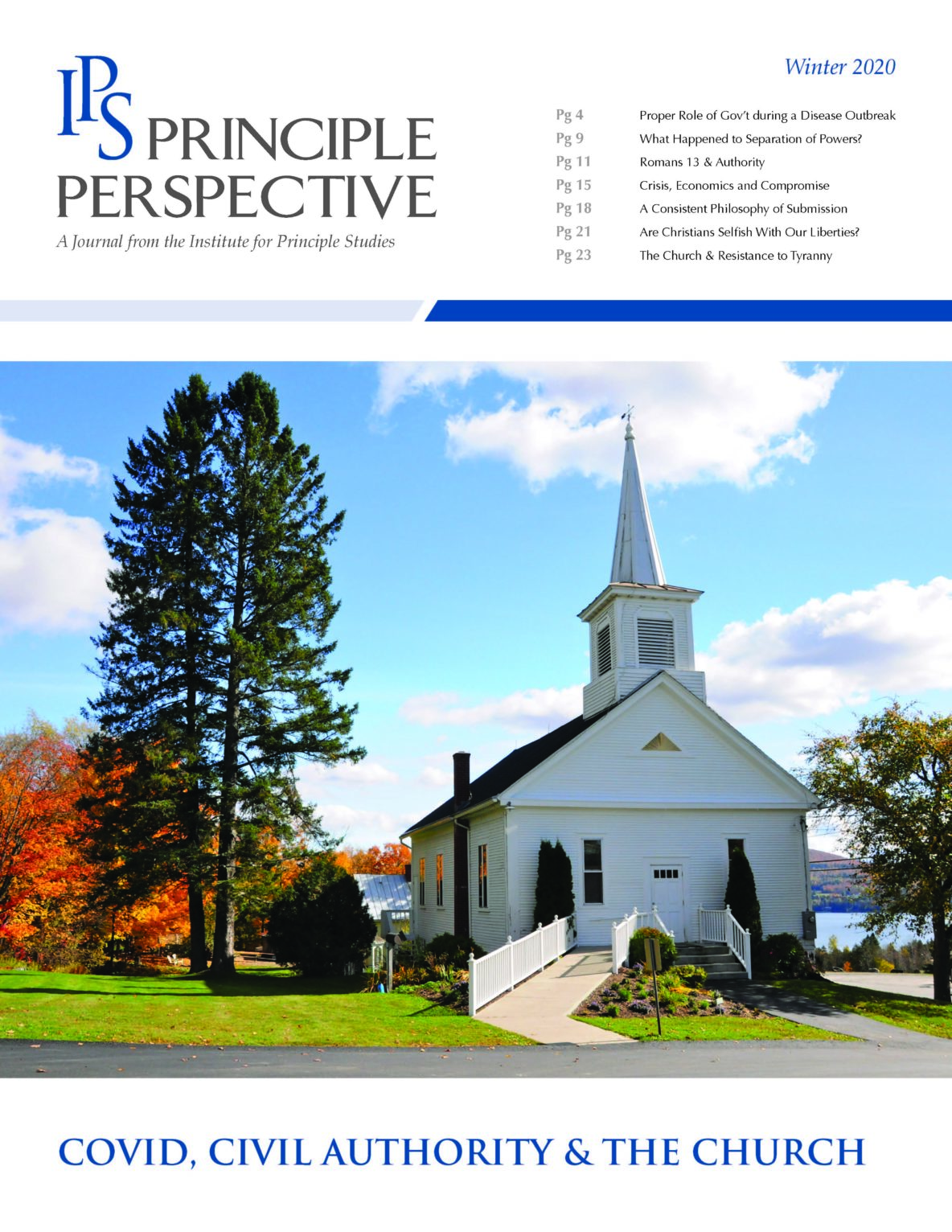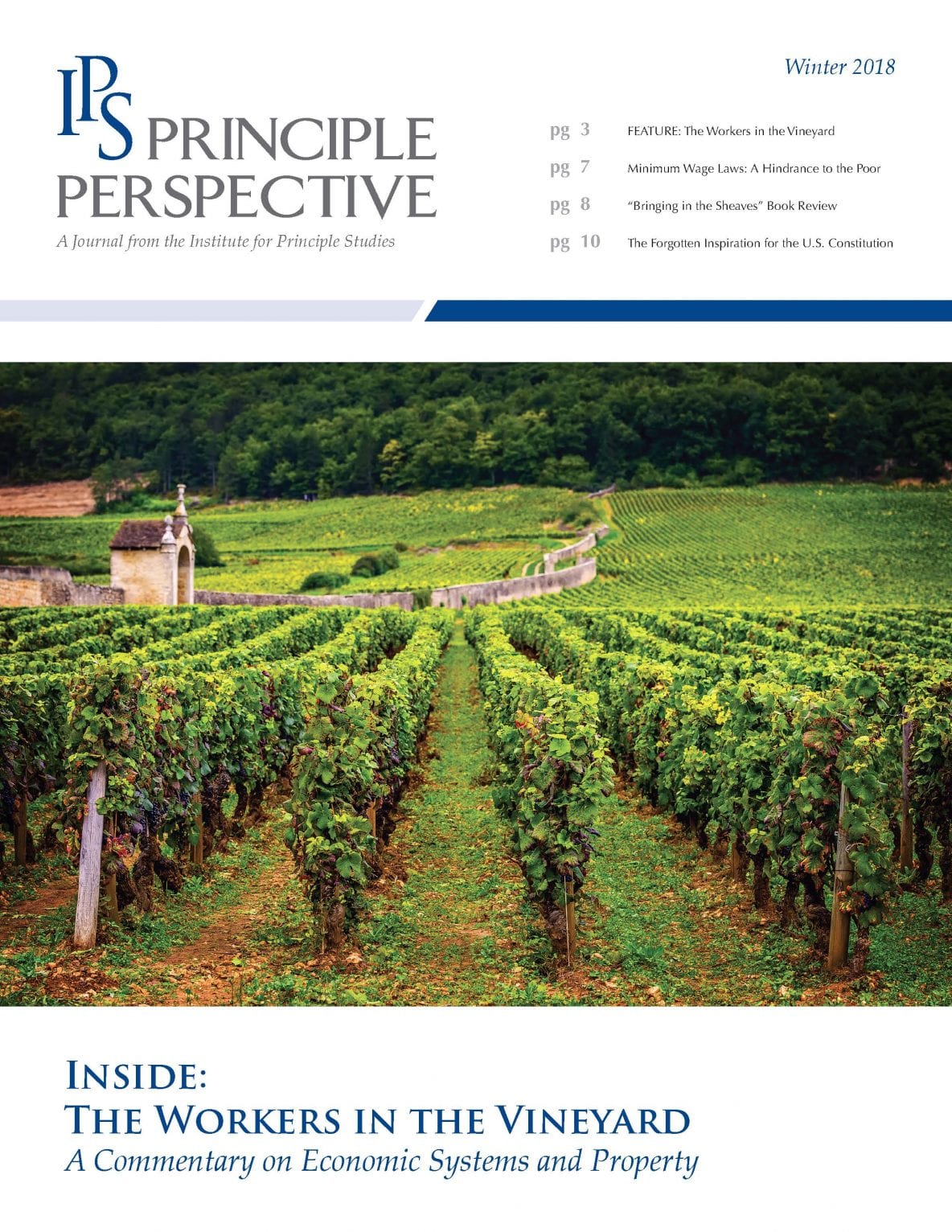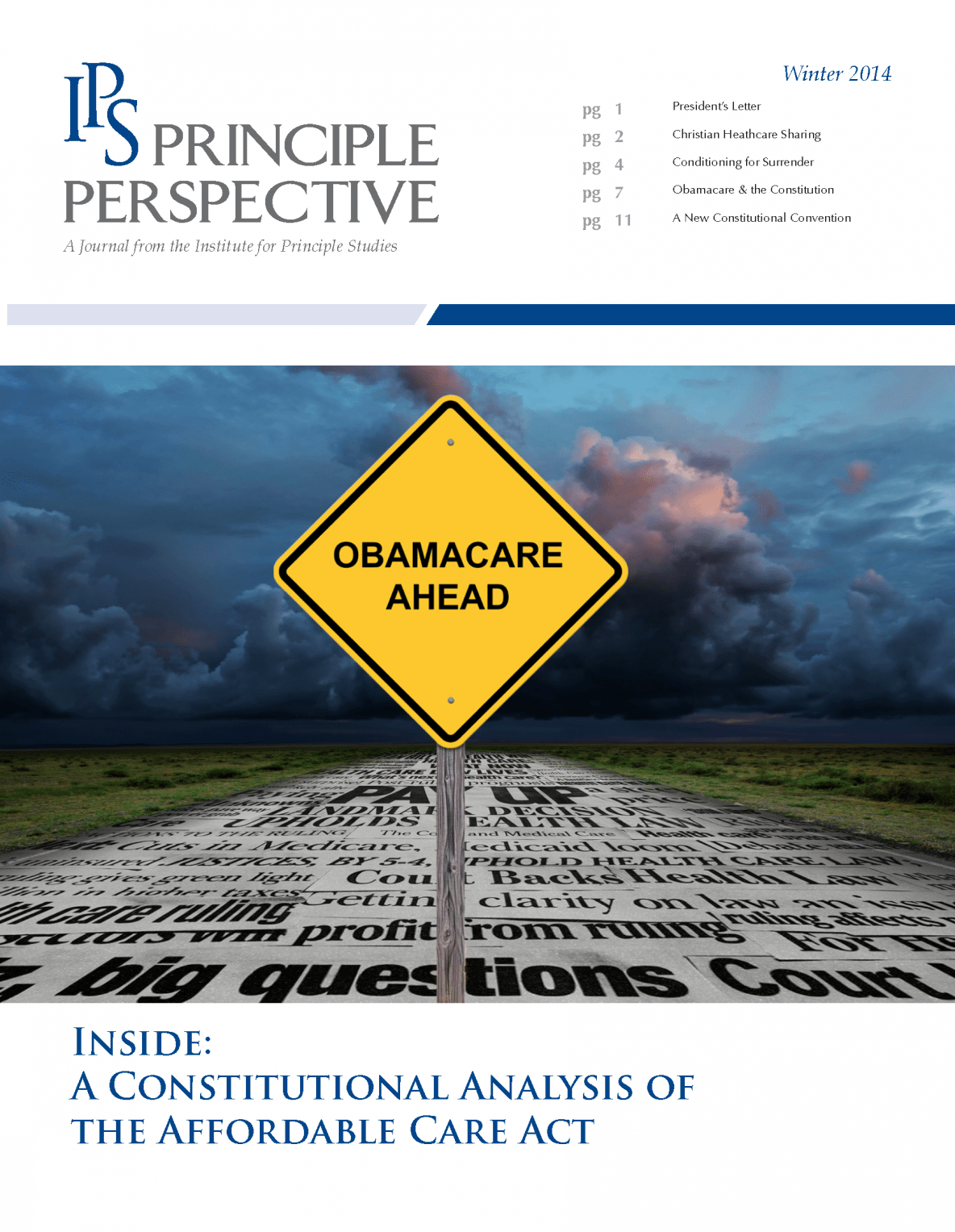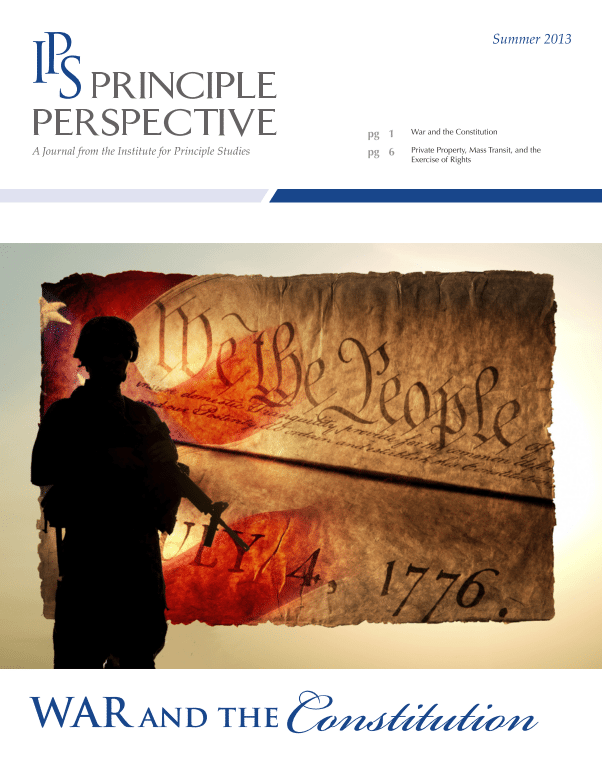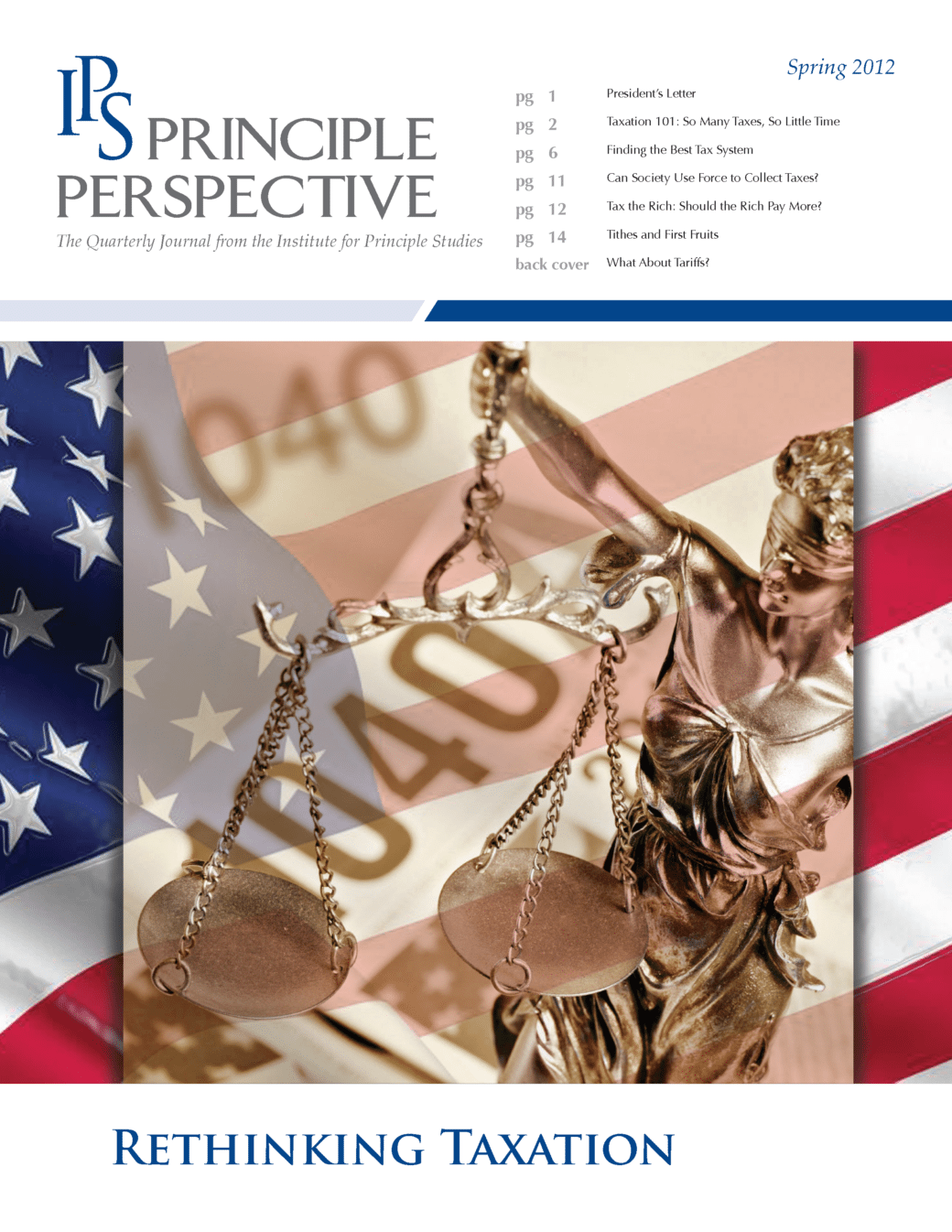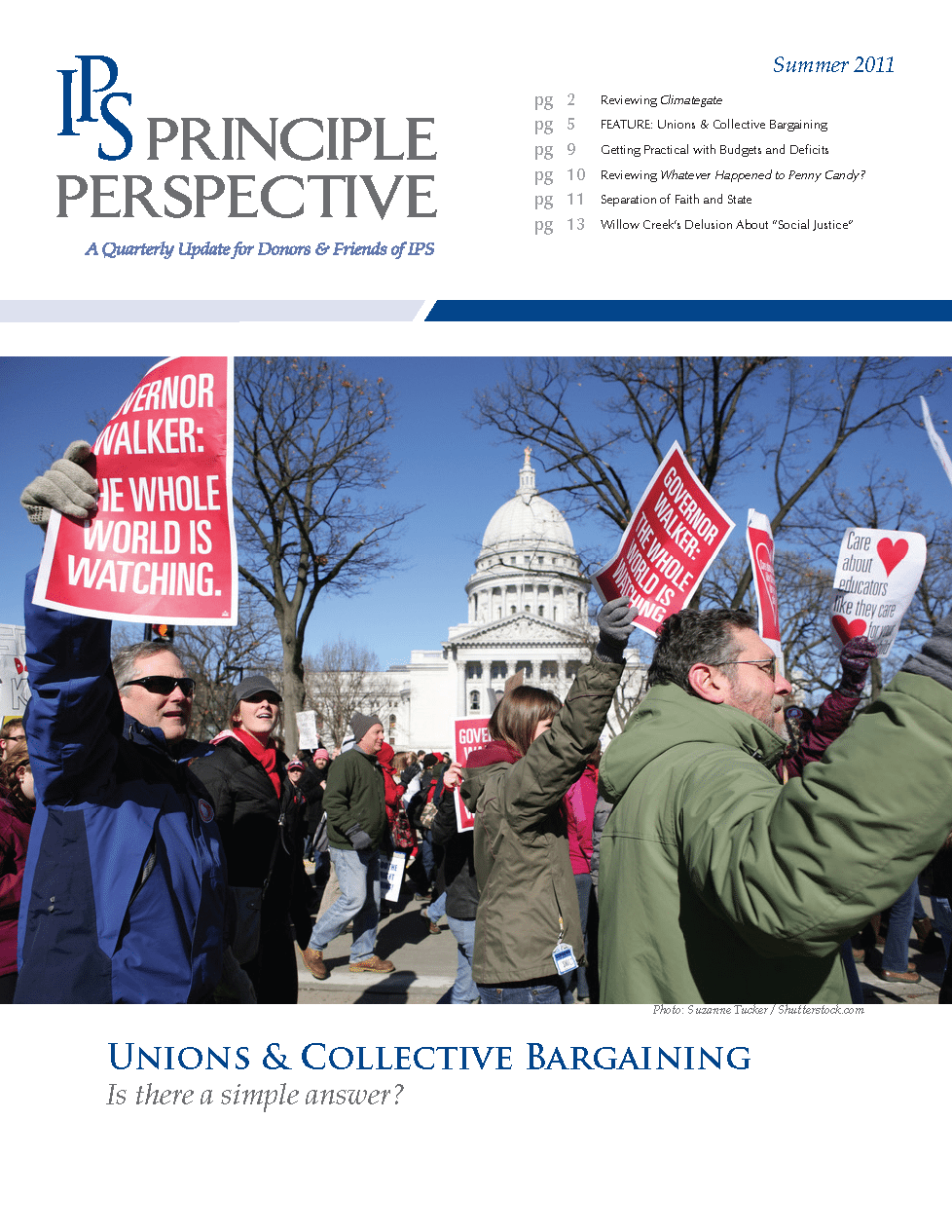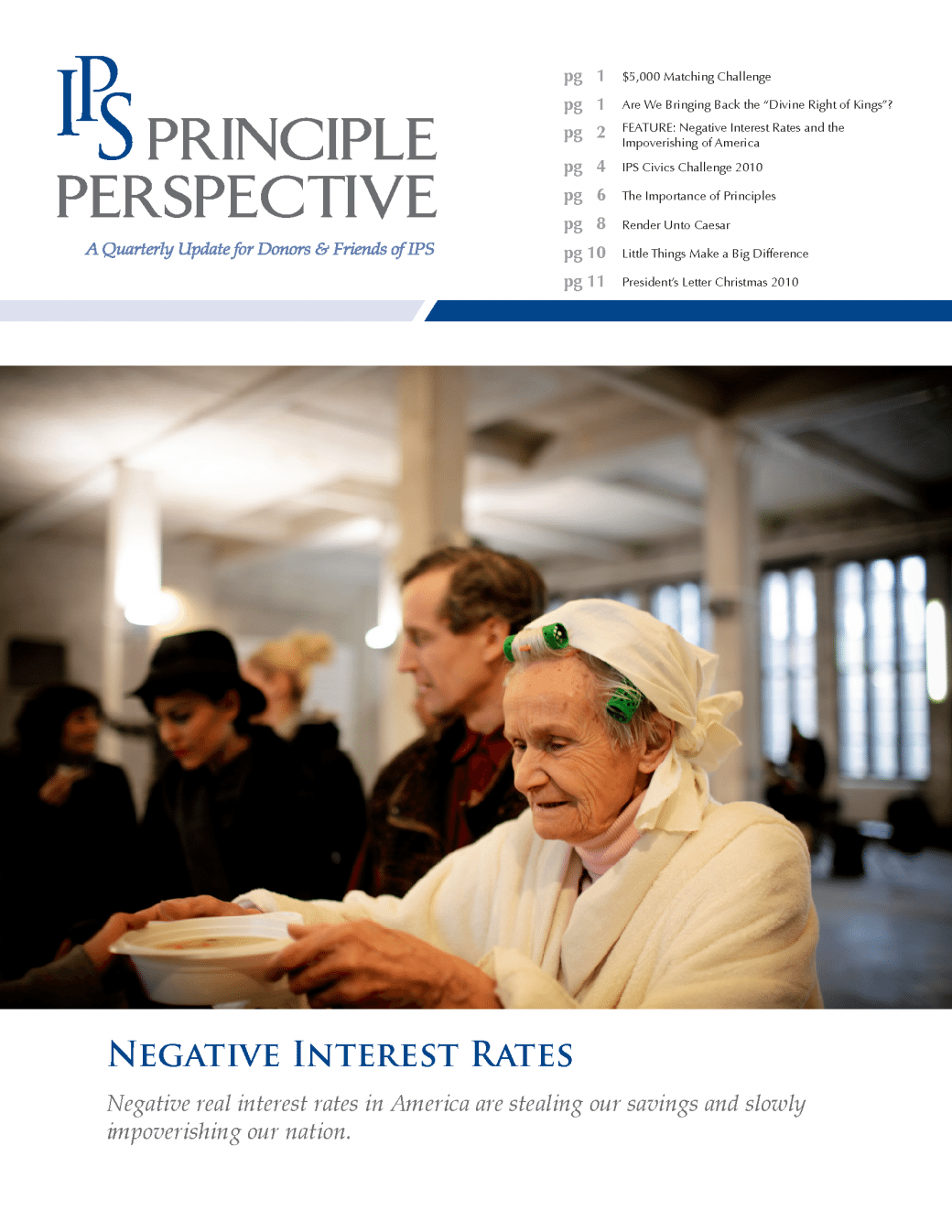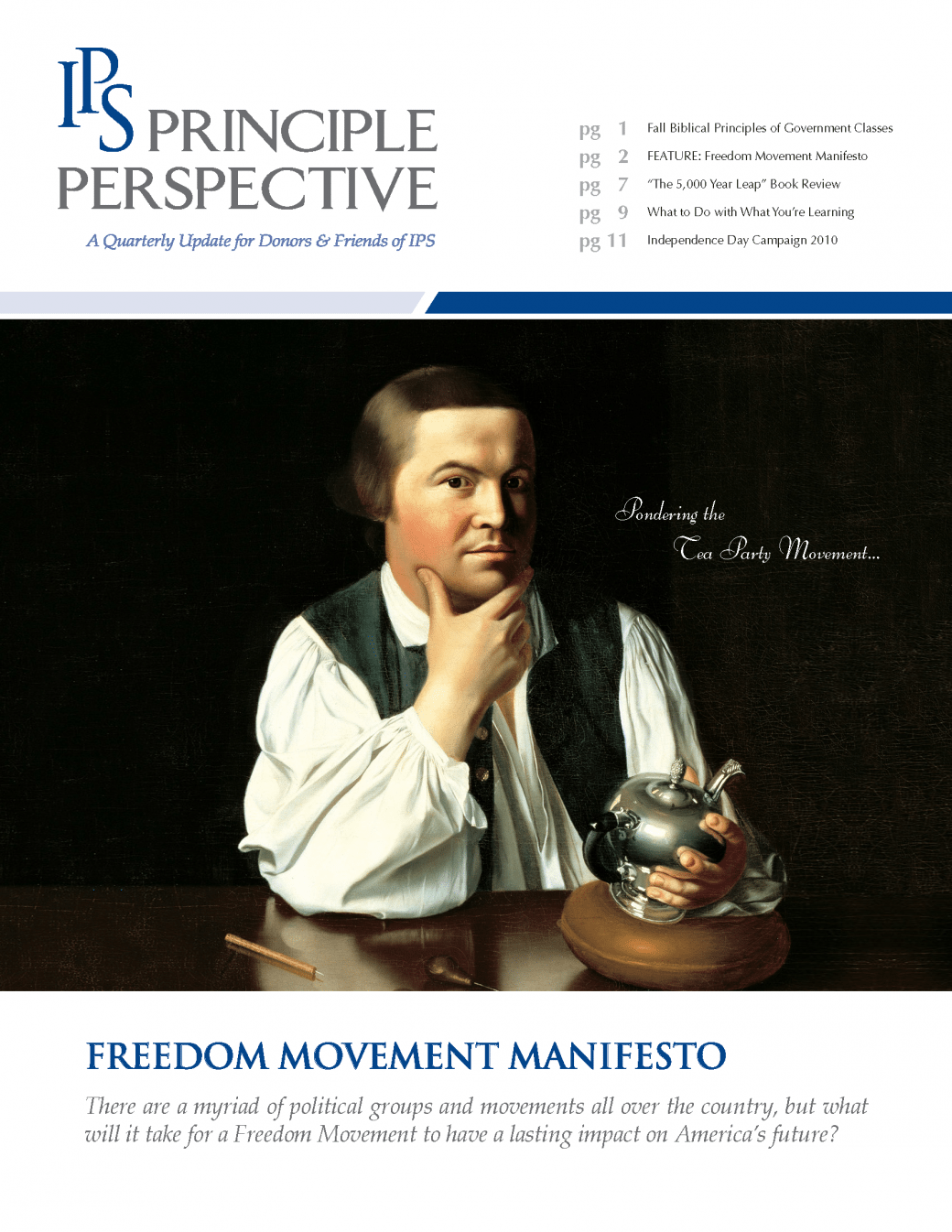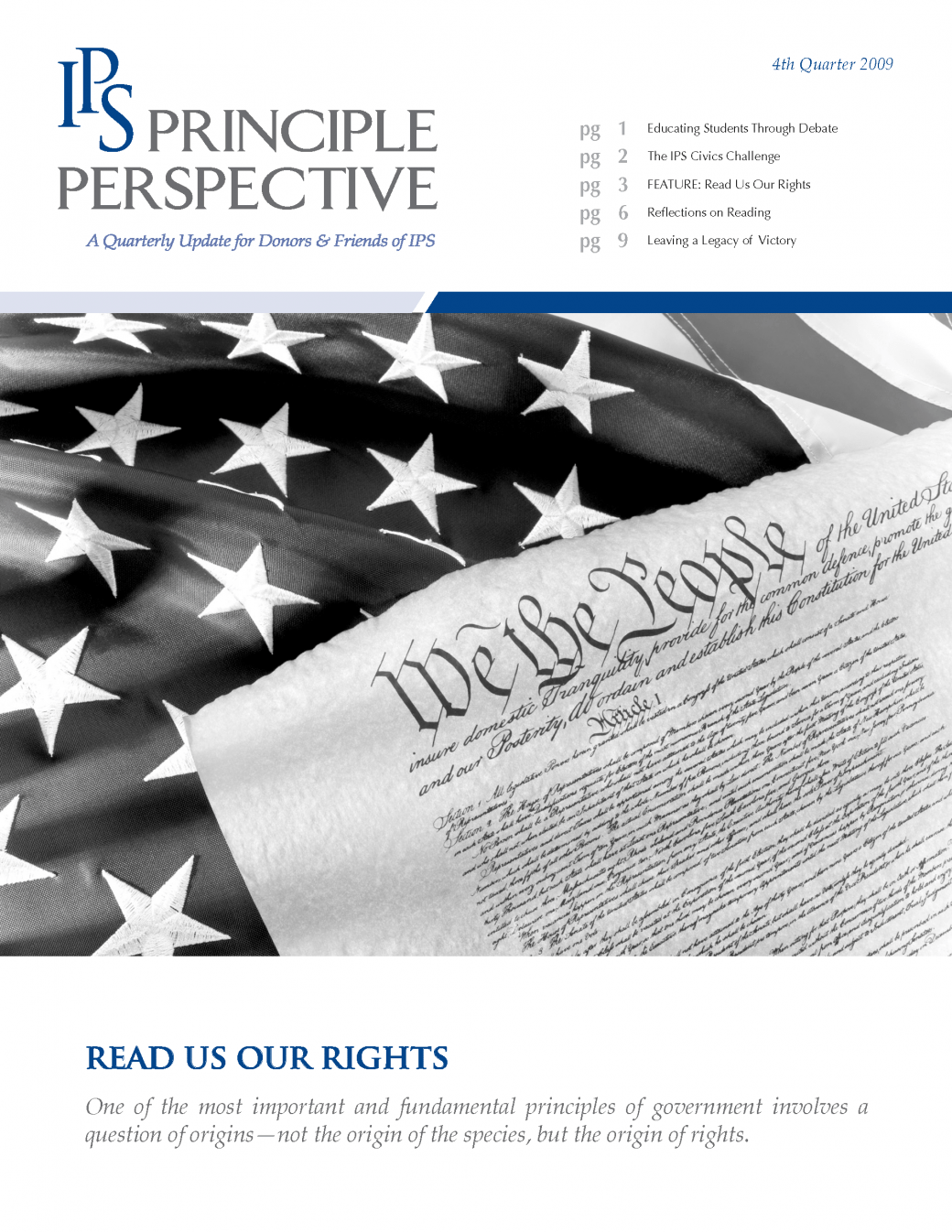Director’s Letter As we leave the tumultuous 2020 election season behind us and look ahead to the upcoming elections, it is healthy to take a break from rhetoric that generates more heat than light and look at voting and elections from a principled perspective. Although this is our first journal without our Founder and dear friend, Mike Winther, you will notice that he had already written quite a bit regarding voting. We are grateful to be able to share these gems with you. Moreover, this journal before you is not meant to be a comprehensive work on elections but merely … Read More
Covid, Civil Authority & the Church
This issue of Principle Perspective is a much needed answer to many of the questions surrounding governmental control in regard to Covid. Critical questions like: “What is the proper role of government in a pandemic?” and “What does the Bible teach about submission to the civil authorities?” While this issue of Principle Perspective does not deal with most of the Constitutional crises created by government policies in reaction to Covid, it does help the reader develop a clear perspective that is: Biblically sound consistent in its application; and built upon some of the church history on the subject There is a lot of content … Read More
The Workers in the Vineyard
THE WORKERS IN THE VINEYARD A parable takes a commonly-understood truth and uses it as a foundation (or a principle) to explain some other truth. In other words, it takes what the audience already understands and then uses this understanding to explain something the audience does not understand. In Matthew 20, the parable of the workers in the vineyard teaches some important spiritual truths. This parable teaches about God’s sovereignty, His justice, His faithfulness to His promises, His grace and mercy, and we cannot forget verse 16, “So the last will be first and the first will be last”. Volumes … Read More
Obamacare: A Constitutional Analysis
Obamacare: A Constitutional Analysis In 2012, IPS commented on the 5-4 Supreme Court decision in which the Affordable Care Act was upheld. Those words of the past are eerily relevant to today’s decision that once again upholds socialized medicine in America. Below is our article from 2012 on the previous Court decision. Supreme Court decision: What did we expect? When did we lose this battle? We lost it 44 years ago when we allowed government to force us to purchase health care in the Medicare Act. We lost the battle when George Bush passed the prescription drug program in 2003. … Read More
War and the Constitution
War and the Constitution In modern America, there is considerable confusion about the constitutional requirements related to matters of war. Some people believe that the Constitution gives the President extremely broad power in warmaking decisions, while others contend that the Constitution severely limits that power. Sadly, the majority of Americans simply don’t care what the Constitution says. Most Americans are aware that our federal government is divided into three branches: the executive branch, the legislative branch, and the judicial branch. What is not as well known is that the first three articles of the U.S. Constitution define the roles and … Read More
Rethinking Taxation
Rethinking Taxation Death and taxes may be inevitable in life, but this fact doesn’t excuse us from our responsibilities to handle both of these eventualities in a prudent and judicious manner. Our legal system endeavors to establish clear, cautious standards for dealing with issues of life and death—our procedure for trying a capital crime being just one example. In like manner, we should be no less deliberate with our tax policy. Citizens have never enjoyed (and probably never will enjoy) paying taxes, but if some taxation is going to be necessary, we should endeavor to find the best way to … Read More
Unions & Collective Bargaining: Is there a simple answer?
Unions & Collective Bargaining: Is There a Simple Answer? An individual walks into a place of business seeking employment. The owner of the business and the job seeker interview each other, and both decide that an employment relationship may be to the benefit of each. They enter into negotiations over compensation and arrive at a mutual agreement on services to be performed and the pay rate. Assuming that the work to be performed is ethical and legal, is there any reason why these two parties should not be allowed to pursue this employment agreement? You might be surprised to find … Read More
Negative Interest Rates
Negative Interest Rates If you have seen bank advertisements for CD rates, or if you have called your local bank or broker lately, you know that interest rates are abysmal. As I write this, Ally Bank is touting their 2-year certificate of deposit at a rate of 1.78%—I guess that is supposed to be a good deal these days. More important than interest rates on deposits, however, is something called the real interest rate. This is the interest rate after considering rising prices. Price increases are usually measured by the government with a statistic called the Consumer Price Index (CPI). … Read More
The Freedom Movement Manifesto
The Freedom Movement Manifesto Note to Readers: While the following article is addressed specifically to the Tea Party movement, the principles discussed here are relevant to every organization and movement in support of a cause. One of the most frequently-asked political questions of our day is, “What will come of the Tea Party movement?” Both the left and the right seem to recognize the potential of this movement, but will this “potential” ultimately result in any substantial impact on America or American politics? The Tea Party movement currently has momentum, but long-term success will require caution and strategy. Here are four … Read More
Read Us Our Rights
Read Us Our Rights One of the most important and fundamental principles of government involves a question of origins—not the origin of the species, but the origin of rights. It is difficult to discuss any aspect of government without addressing some question about rights. The Stanford Encyclopedia of Philosophy insightfully explains the importance and centrality of our understanding of rights: Rights dominate most modern understandings of what actions are proper and which institutions are just. Rights structure the forms of our governments, the contents of our laws, and the shape of morality as we perceive it. To accept a set of rights is to … Read More
- Page 1 of 2
- 1
- 2

